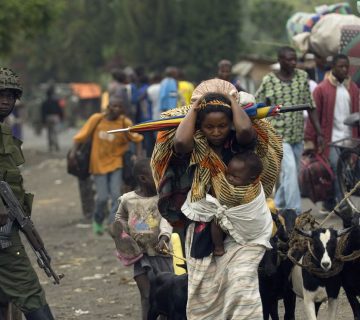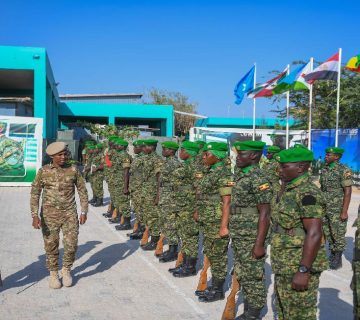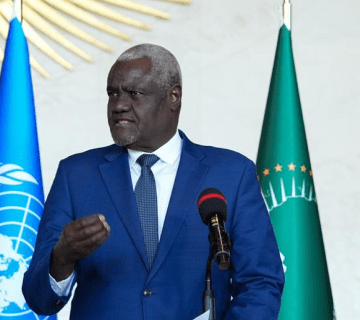This month has been characterised by a surge in violence and a subsequent rise in Ebola cases in eastern DRC, specifically around the town of Beni in North Kivu. The attacks, which started already in March, have escalated in recent weeks and could get worse for people that remain trapped between the border of Uganda and an area of DRC that is terrorised by armed groups close to the Ebola outbreak that has claimed 1,000 lives. Over April alone, around 60,000 people have been displaced due to the violence, lacking essential shelter, hygienic water sources and adequate food supplies. On Sunday April 30, in a single day, 26 new cases of Ebola were recorded. Foreign Policy noted that what is complicating the Ebola response in Congo is a violent struggle over political power mixed with deep distrust toward the Congolese government and international actors, including humanitarians. It is especially this distrust toward the government and international actors that needs to be taken away. In that sense, the government’s decision to suspend elections in the region in December 2018 did not fare well. Catch-up elections were held on March 31, and on April 19 attackers invaded a university clinic in Butembo and killed an epidemiologist. Commentators note that local communities distrust international responders because they view them as participants in the region’s broader political and economic conflicts. That is a significant problem that needs to be addressed by the government and international partners and donors.
This month also marked Felix Tshisekedi’s first 100 days in power, for which he gets mixed marks. Especially with regards to security, as described above, Tshisekedi is struggling to fulfil his pledge to crack down on rebel groups and militias in eastern DRC, specifically North Kivu. Until now, he has failed to take decisive action, partly because he is hamstrung by partisan politics of Joseph Kabila’s Common Front for Congo (FCC), which dominates the two houses of parliament. Political watchdogs have warned that Kabila still wields significant powers, and Tshisekedi’s independent and decisive decision-making is hampered by this division of power between Kabila’s FCC and Tshisekedi’s CACH coalition.
On a more positive note, Moise Katumbi, a prominent opposition leader, has announced his date of return to the DRC – May 20, 2019. In December 2018, Katumbi ran for president but was subsequently banned from running by Joseph Kabila based on his dual citizenship. Current president Felix Tshisekedi announced earlier that Katumbi was welcome in DRC.



